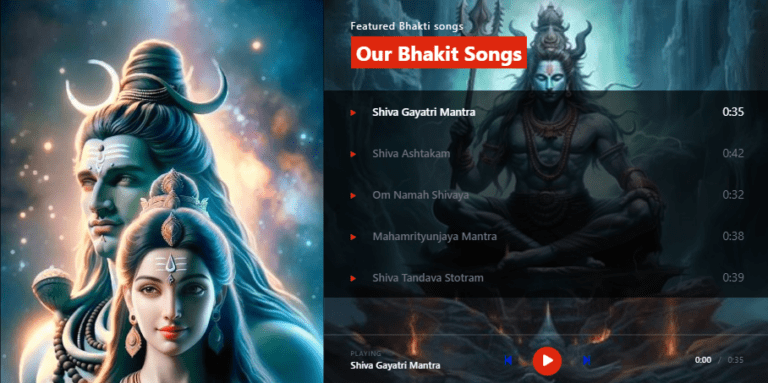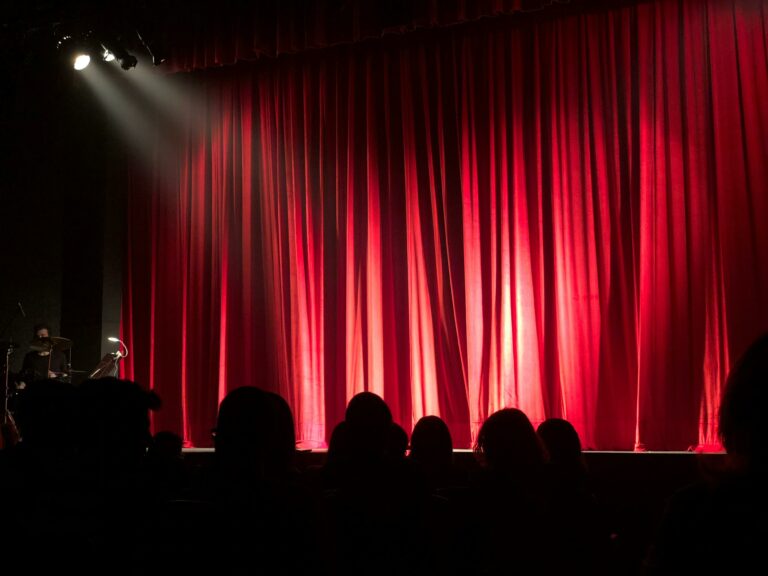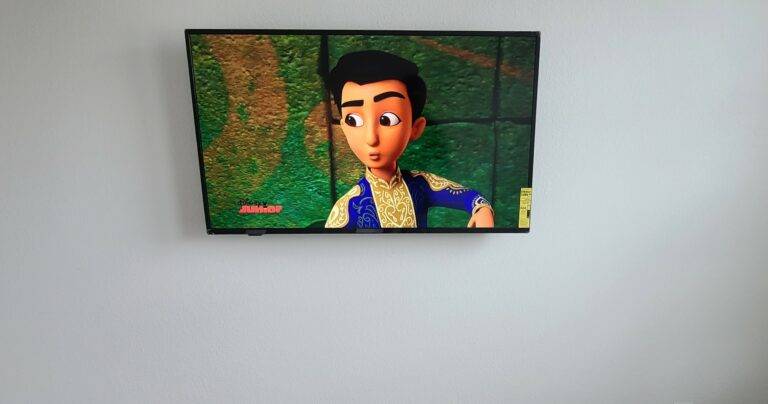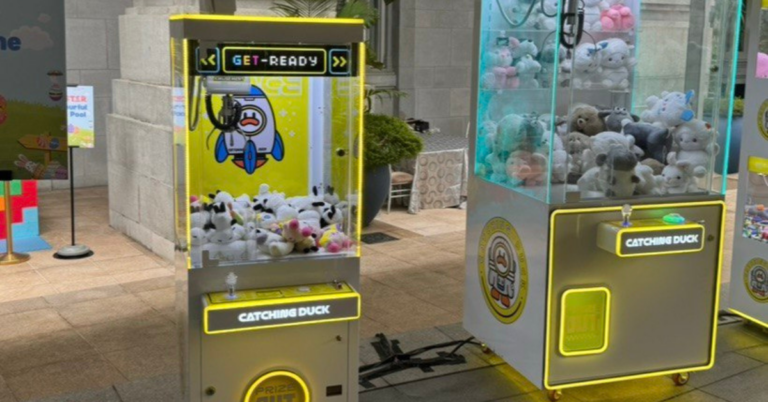Music Streaming: Royalties vs. Revenue
Cricket Bet 99, Rajveerexch:
When it comes to distributing music digitally, streaming platforms have become a dominant player in the music industry. Artists now have the opportunity to reach a vast audience at the click of a button. However, the shift towards digital streaming has also raised concerns regarding fair compensation for artists.
With the rise of streaming platforms like Spotify, Apple Music, and Tidal, the way music is consumed has drastically changed. Listeners now have access to a vast library of songs from all around the world, making it easier than ever to discover new music. Despite the convenience for consumers, there are ongoing debates about the fairness of artist payouts from streaming services.
Artist Payouts
Within the realm of streaming platforms, artist payouts have long been a topic of discussion and debate. The distribution of revenue generated from streams has sparked conversations about the fairness and transparency of these financial arrangements. Artists often navigate a complex landscape of licensing agreements and royalty structures, making it crucial for them to have a clear understanding of how their earnings are calculated and distributed.
Despite the convenience and accessibility of digital platforms, many artists have expressed frustration over the seemingly meager payouts they receive for their creative work. In an industry where success is often measured by chart rankings and streaming numbers, the financial compensation artists receive is a reflection of the value placed on their artistry within the digital ecosystem. As the music streaming landscape continues to evolve, the issue of artist payouts remains a central point of contention that raises questions about the sustainability of careers in the music industry.
Licensing Agreements
Licensing agreements are crucial in the music industry to ensure that artists receive fair compensation for their work. These agreements outline the terms and conditions under which their music can be used on streaming platforms, ensuring that artists retain ownership of their intellectual property while still being able to reach a wider audience.
By negotiating licensing agreements with streaming platforms, artists can tap into new revenue streams beyond traditional album sales and live performances. These agreements also help establish clear guidelines and expectations for both parties, fostering a more transparent and mutually beneficial relationship between artists and streaming platforms.
What is a licensing agreement?
A licensing agreement is a legal contract between a licensor (the owner of the content) and a licensee (the party using the content) that grants permission to use the content in exchange for a fee.
How do licensing agreements work for streaming platforms?
Streaming platforms enter into licensing agreements with artists or rights holders to obtain the rights to stream their music or other content on their platform. These agreements outline the terms and conditions of the usage rights and the payment structure.
How do artists benefit from licensing agreements?
Artists benefit from licensing agreements by receiving royalties or payments for the use of their content on various platforms. These agreements help artists monetize their work and reach a wider audience.
What are artist payouts in licensing agreements?
Artist payouts in licensing agreements refer to the royalties or payments that artists receive for the use of their content on streaming platforms or other mediums. The amount of payouts can vary based on the terms of the agreement and the popularity of the content.
Are licensing agreements important for artists and streaming platforms?
Yes, licensing agreements are crucial for both artists and streaming platforms as they establish the legal framework for the use of content and ensure that artists are compensated fairly for their work. Without these agreements, there could be legal disputes over copyright infringement and royalties.







